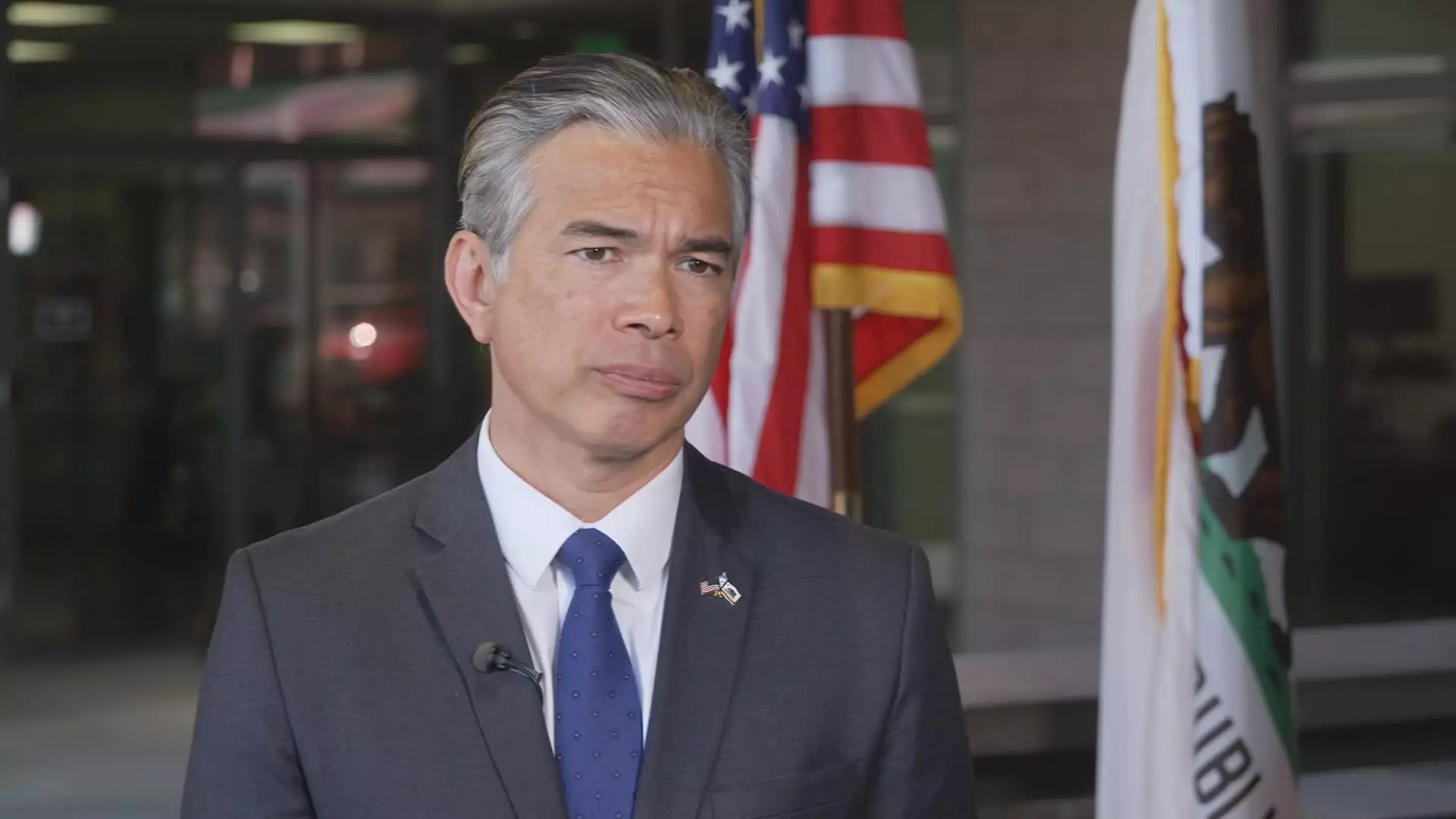California Attorney General Rob Bonta recently issued a caution to executives at various social media and tech companies, urging them to do more to safeguard voters from deception, intimidation, and dissuasion, especially leading up to the November election. Bonta emphasized the critical role that social media and artificial intelligence services play in informing Californians about upcoming elections, and underscored the need for these platforms to not be manipulated to deceive voters about their constitutional right to vote.
In his letter to the CEOs of Alphabet, Meta, Microsoft, OpenAI, Reddit, TikTok, X, and YouTube, Bonta referenced sections of California law that prohibit any interference with voting rights. This includes misleading individuals about polling locations and times, as well as utilizing intimidation tactics. Furthermore, California state law specifically prohibits the dissemination of materially deceptive audio or visual media of a candidate within 60 days of an election, with the intent to harm the candidate or deceive voters.
The Attorney General’s warning comes in the wake of pop icon Taylor Swift’s recent endorsement of Kamala Harris for president. Swift publicly condemned the circulation of AI-generated images falsely claiming that she had endorsed Donald Trump. Additionally, X owner Elon Musk shared an AI-generated image depicting Harris dressed as a communist dictator, further fueling misinformation. Musk’s post on X implied that Harris intended to become a communist dictator on her first day in office, based on the doctored image.
Several cutting-edge technologies, such as Google’s Gemini, OpenAI’s Dall-E and Chat GPT, Microsoft Copilot, and Musk’s xAI Grok, have made it easier to create and disseminate fake images and text. These platforms allow users to quickly generate content in response to prompts, posing a significant challenge in combating misinformation. Musk’s updated xAI product, Grok-2, in particular, appears to have fewer limitations on creating deceptive images of political figures, further exacerbating the issue.
The increasing sophistication of AI technology presents new challenges in combating the spread of misinformation on social media platforms. It is crucial for tech companies to take proactive measures to protect voters from deception and manipulation, as emphasized by the California Attorney General’s recent caution. Collaboration between policymakers, tech companies, and the public is essential in addressing this growing threat to democracy.


Leave a Reply